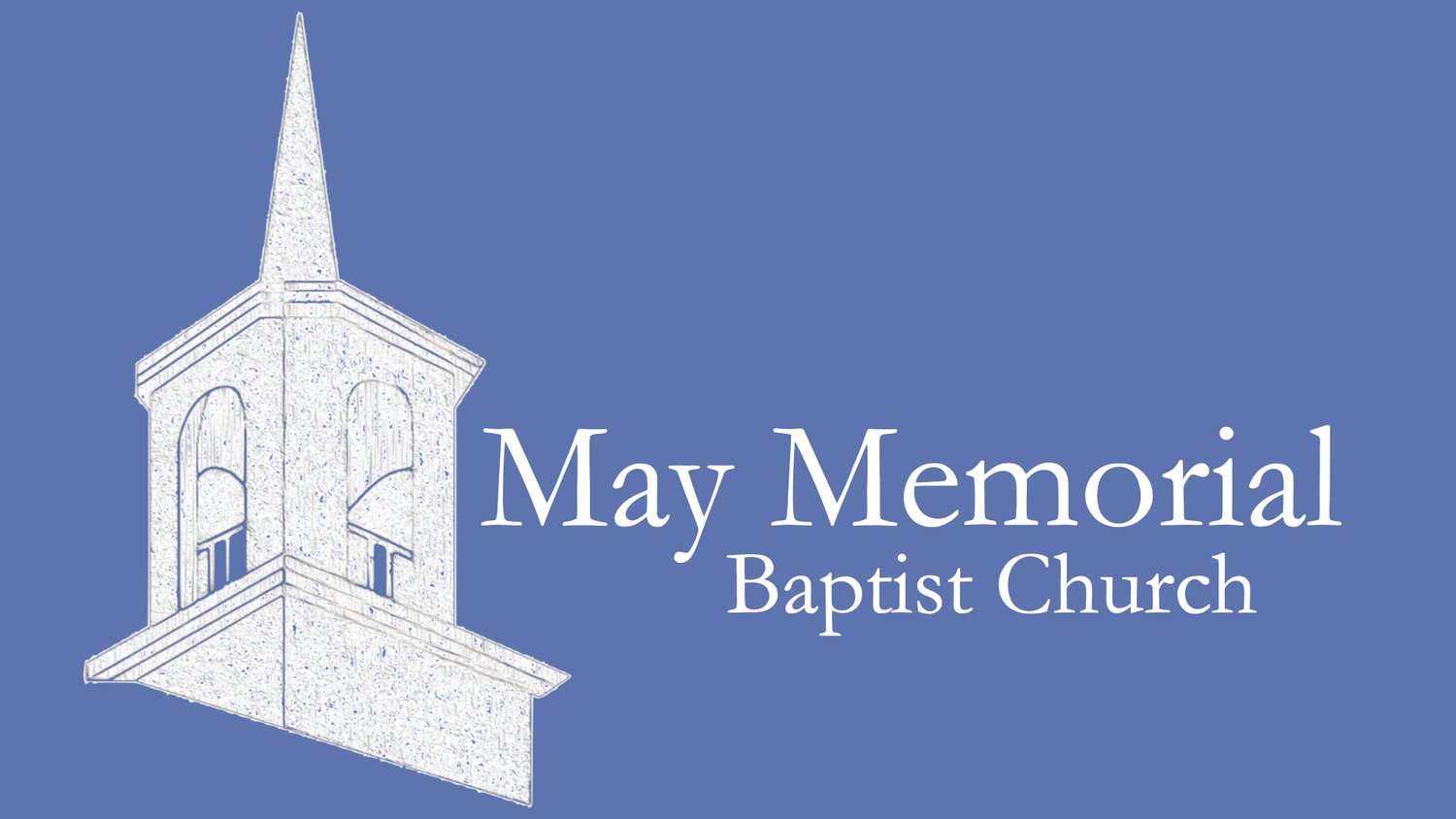Whenever I am away for Continuing Education or vacation I find great joy in spending time reading. Over the past few weeks I read a few books, and in my next several newsletter articles I’d like to mention a couple of those.
For several years I have loved the Port William novels of Wendell Berry, in which he describes the lives, stories, loves, work, and faith of the members of the Port William “fellowship.” I highly recommend all of the novels from the Port William series.
In The Memory of Old Jack, readers are able to spend with Jack Beacham the last day of his life. He is a man in his 80’s, he has moved away from the farm where he spent his life, and on that last day he spends it working through the important memories of his life. He remembers the day that his brothers leave to fight for the Confederacy, never to return. He remembers the day in church when he is “stricken” with the beauty of the woman who is to be his wife. He remembers working on his farm, paying off debt, and his fight with his farm-hand. He remembers his failed marriage, his affair, the birth of his daughter, and the death of his mistress and eventually his wife. He remembers his daughter marrying and moving away to the city, forsaking the simple farm life that was so important to Jack.
Old Jack’s story is filled with good and bad, strength and struggle, virtue and sin. And, Wendell Berry tells it in a way that is beautiful, a way that causes me to read and re-read words, phrases, sentences, and paragraphs. But what becomes most clear is that Old Jack’s life is much like mine, and like yours. It is a mixture of good and bad, and even with the bad, it is a life worth remembering.
As Jack remembers his years as a young man and farming his fields, there are things about the “modern world” that he just can’t understand. He can’t understand why our nation would tax and spend millions on developing bombs that have the power to wipe out hundreds and thousands of humans. He also can’t understand the “modern” notion that people have, believing they shouldn’t have to work in order to eat. He just can’t believe that people would have that assumption. Because Jack was a man who could see a direct link between the land, the hard work of farming, and providing for himself and his family.
Old Jack dies in the old Port William hotel, it had been converted for “permanent residents,” the elderly who would go there to never leave. Old Jack called it the “Port William airport,” where he was waiting to take his final journey to the heavens. The preacher had strict orders for the graveside service, “only read these three Psalms, nothing less, nothing more.” The preacher almost stuck to his orders, and that rural community laid Old Jack to rest. But his memory, in the mind of Wendell Berry and for those who pick up this gem of a book, continues to touch, heal, move, and spark the thoughts of what it means to be human and faithful to the places we call home.
